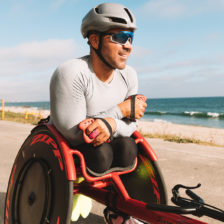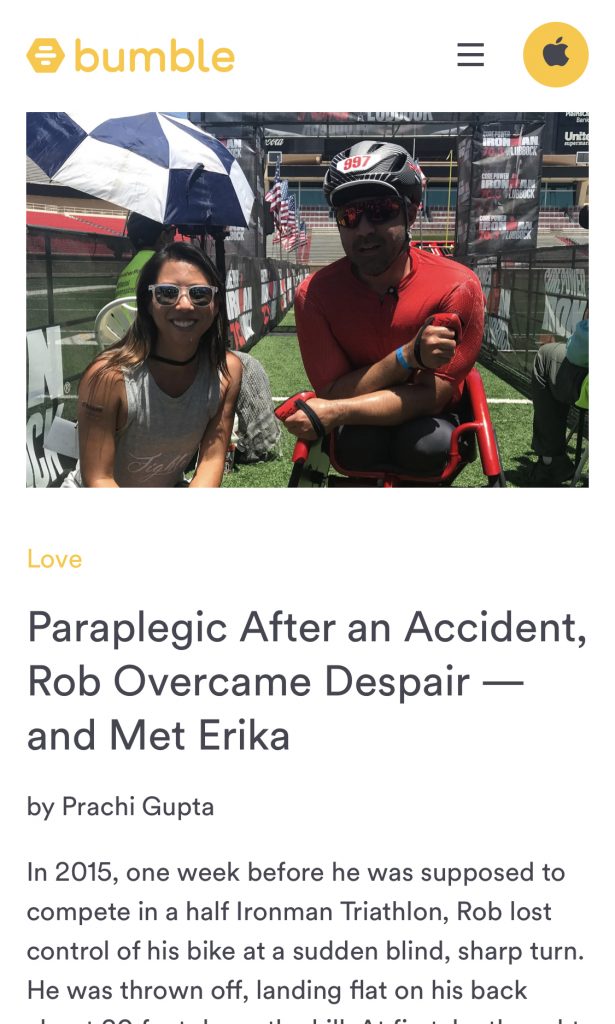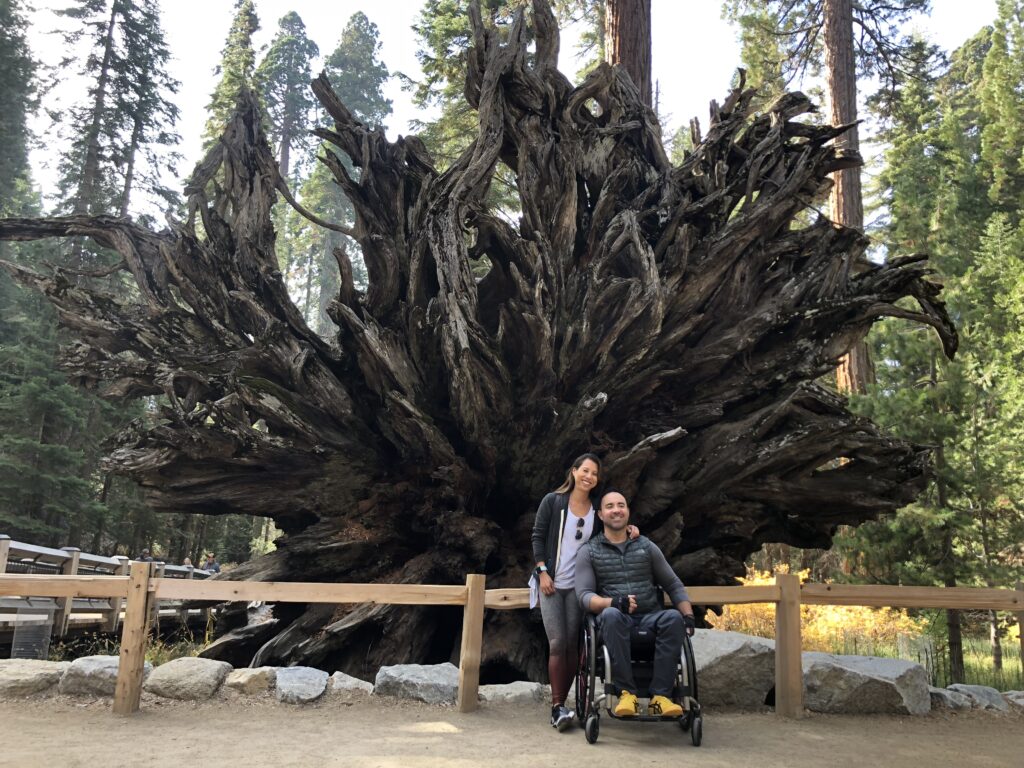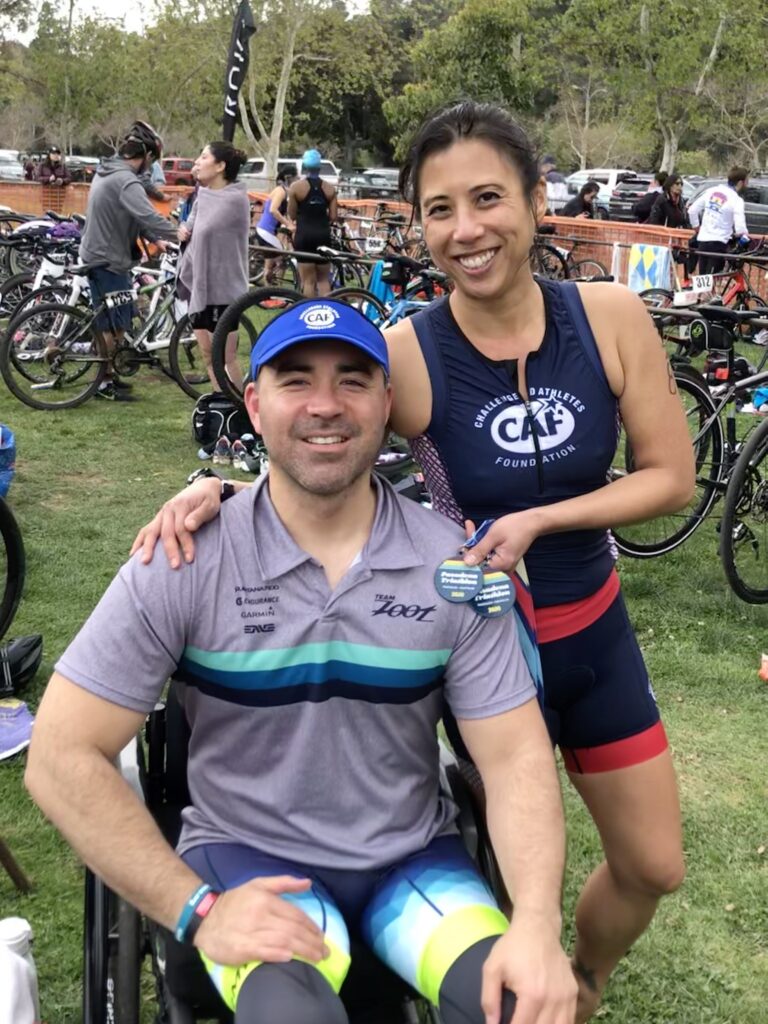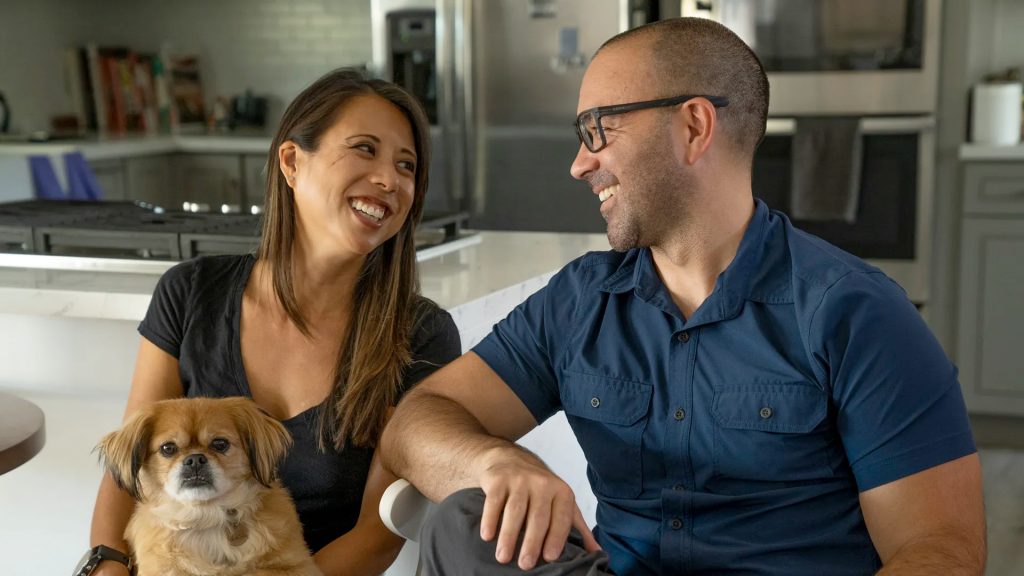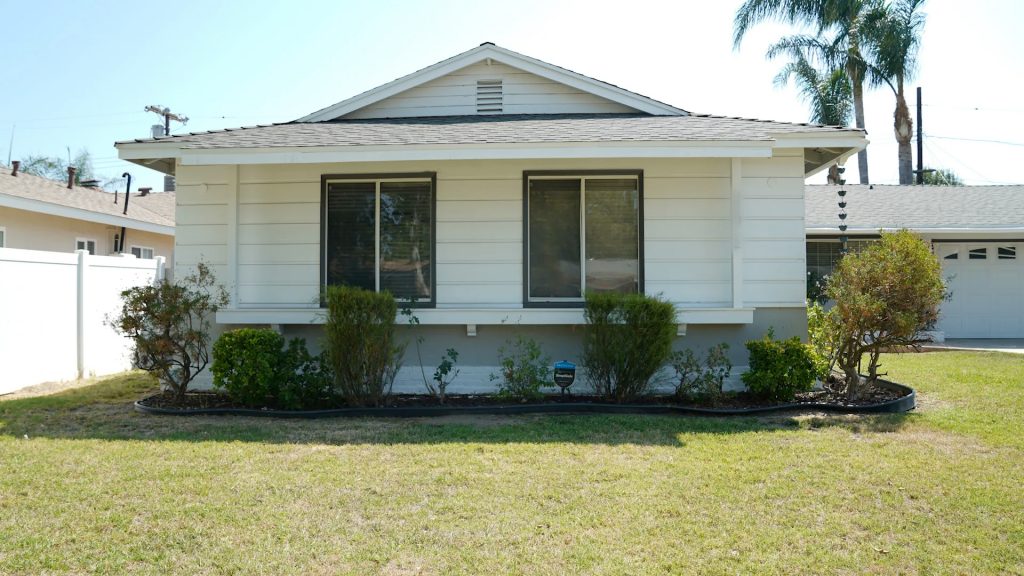Rob Balucas was an accomplished age-group triathlete, preparing for his first 70.3 when he crashed on his bike during a training ride in 2015 and was paralyzed. It’s been a long journey, but he is finally here in Kona ready to take on the Ironman World Championship.
Our 11th year of Breakfast with Bob from Kona is brought to you by Master Spas, SFuels, HOKA, Zoot, FORM Smart Swim Goggles, Quintanaroo, Zoot, and our @Challenged Athletes Foundation
